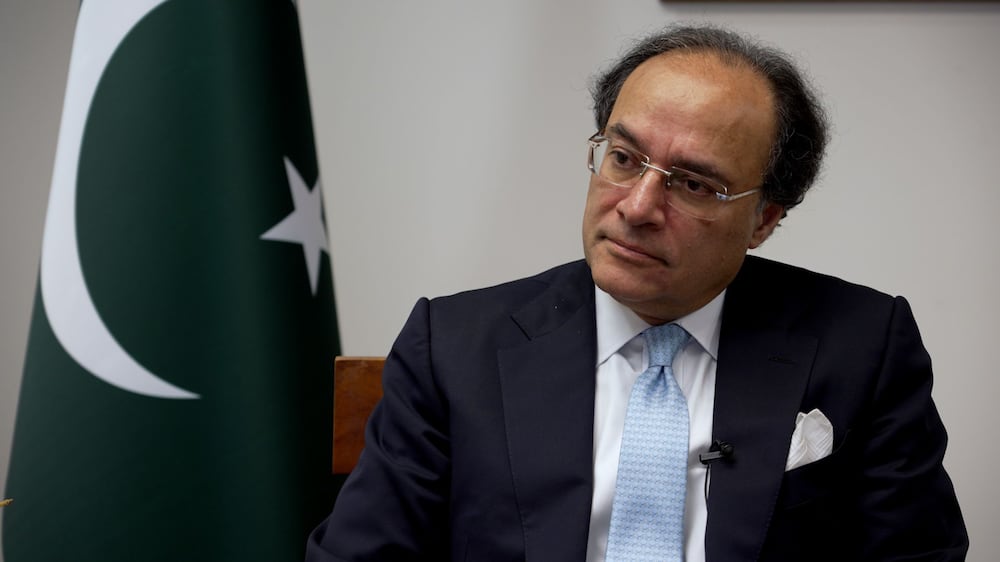The International Monetary Fund's executive board on Monday authorised $1.1 billion in funding for Pakistan, the final portion of a $3 billion arrangement Islamabad made with the multilateral lender last year.
Pakistan secured last year's IMF loan so that it could avoid defaulting on its debt.
To help secure the deal, Pakistan agreed to raise taxes and aggressively raise its interest rates to tackle inflation.
The IMF said not the “determined policy efforts” Pakistan has made since securing the 2023 agreement has helped it to restore economic stability.
“Moderate growth has returned; external pressures have eased; and while still elevated, inflation has begun to decline,” said Antoinette Sayeh, deputy managing director and chairwoman of the IMF's executive board.
“Given the significant challenges ahead, Pakistan should capitalise on this hard‑won stability, persevering – beyond the current arrangement – with sound macroeconomic policies and structural reforms to create stronger, inclusive, and sustainable growth.”
Pakistan has received more than 20 bailouts from the IMF since becoming a member in 1950.
Monday's announcement comes as Islamabad is reportedly seeking a $6 billion loan from the IMF, but Pakistan Finance Minister Muhammad Aurangzeb said the final details of the loan are likely to be determined next month.
The IMF noted several improvements Pakistan has made since the 2023 arrangement, including a projected economic growth of 2 per cent for this fiscal year.
It also expects inflation to return to the Pakistan central bank's target, with growth continuing to strengthen over the medium term.
Prime Minister Shehbaz Sharif said during an event at the World Economic Forum in Riyadh that Pakistan's debt has crumbled the economy.
Mr Sharif also spoke on the impact of climate change after Pakistan suffered losses of about $30 billion due to catastrophic flooding in 2022.
He also bemoaned the expensive interest rates on loans from Geneva and other places, although it was “not at fault at all” for the flooding that devastated the country.
Mr Sharif met IMF Managing Director Kristalina Georgieva on the sidelines of the forum on Sunday.
Earlier on Monday, the State Bank of Pakistan announced it was leaving its policy rate unchanged at 22 per cent.
The central bank said “it is prudent” to continue with its current stance because of risks inflation causes to its outlook, including global oil prices.
Watch: Pakistani Finance Minister sees improving economic outlook
Pakistani Finance Minister sees improving economic outlook







